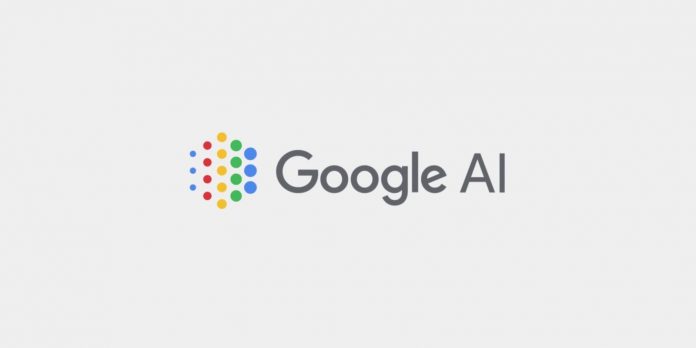
Google has announced plans to open an Artificial Intelligence research centre in Africa. This was contained in a statement released on Google Africa Blog.
“We’ve seen people across Africa do amazing things with the internet and technology—for themselves, their communities and the world. Over the past 10 years in which Google has had offices in Africa, we’ve been excited to be a part of that transformation. Ultimately 10 million Africans will benefit from our digital skills training program with 2 million people having already completed the course, and we’re supporting 100,000 developers and over 60 tech startups through our Launchpad Accelerator Africa. We’re also adapting our products to make it easy for people to discover the best of the internet, even on low-RAM smartphones or unstable network connections”, the statement further read.

“Today, we’re announcing a Google AI research centre in Africa, which will open later this year in Accra, Ghana. We’ll bring together top machine learning researchers and engineers in this new centre dedicated to AI research and its applications.”
According to Google, AI has great potential to positively impact the world, and more so if the world is well represented in the development of new AI technologies. So it makes sense to us that the world should be well represented in the development of AI.
Google’s new AI centre in Accra joins the list of other locations where they focus on AI, including Paris, Zurich, Tokyo, Beijing, Montreal, Toronto, Seattle, Cambridge/Boston, Tel Aviv/Haifa, New York, and our Mountain View/San Francisco headquarters.
“If you’re a machine learning researcher interested in joining this new centre, you can apply as a Research Scientist or a Research Software Engineer. You can also view all our open opportunities on our site.”
The company is committed to collaborating with local universities and research centres, as well as working with policymakers on the potential uses of AI in Africa. They are excited to combine their research interests in AI and machine learning and their experience in Africa to push the boundaries of AI while solving challenges in areas such as healthcare, agriculture, and education.




